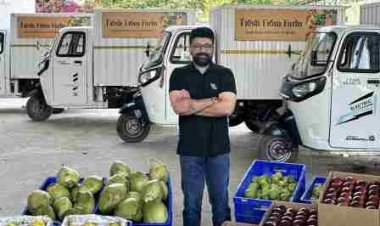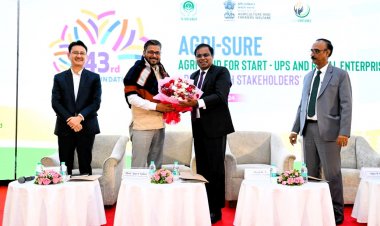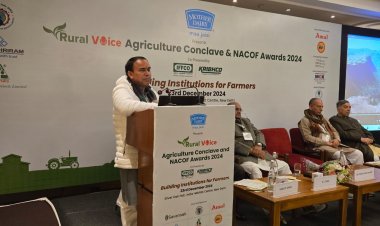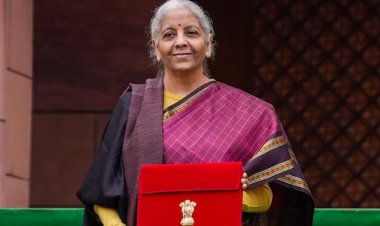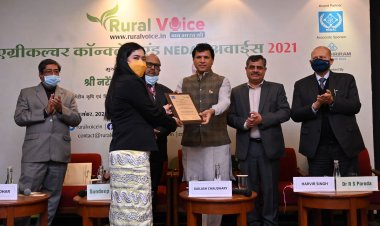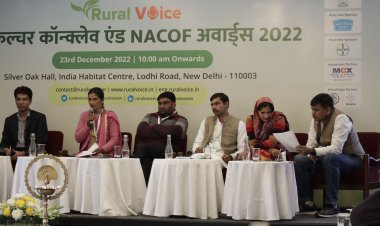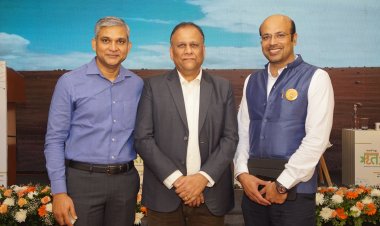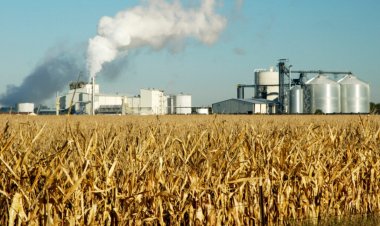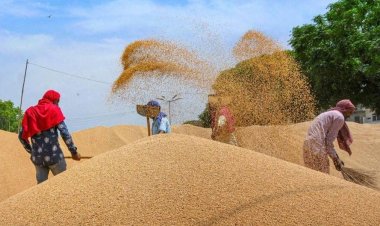BioPrime AgriSolutions gets patent for a novel bio-formulation to manage abiotic stress in plants
BioPrime AgriSolutions, an agritech start-up, has invented a novel bio-formulation. The Government of India Patent Office has granted the start-up a patent number for the invention of this bio-formulation to manage abiotic stress in plants and to improve yield. It is a unique approach to making crops climate-resilient by using extremely small carbon particles called nanodots and molecules that are a part of the internal communication systems of plants.

An unusual rise in temperature due to climate change is proving harmful to crops. But BioPrime AgriSolutions, an agritech start-up, has invented a novel bio-formulation to protect the plants despite this rise in temperature. The Government of India (GoI) Patent Office has granted the start-up a patent number for the invention of this bio-formulation to manage abiotic stress in plants and to improve yield. It is a unique approach to making crops climate-resilient by using extremely small carbon particles called nanodots and molecules that are a part of the internal communication systems of plants.
According to a BioPrime statement released to share the information regarding the patent grant, this invention will further demonstrate the use of Carbon Quantum Dots (CQDs) as a way to improve the efficiency of photosynthesis by enhancing the absorption of light by the pigment chlorophyll, which is responsible for capturing light energy in plants. Signalling molecules enhance a plant's ability to quench reactive oxygen species that wreak havoc when cells are under stress. Signalling molecules like sphingolipids and traumatin also help halt cell death and boost the recovery of the affected cells. This helps plants not only in fighting stress but also in recovering from it. Together the formulation of signalling molecules are CQDs that help plants mitigate abiotic stress and become climate-resilient. This is an example of how cutting-edge technology can truly transform agriculture in India and globally.
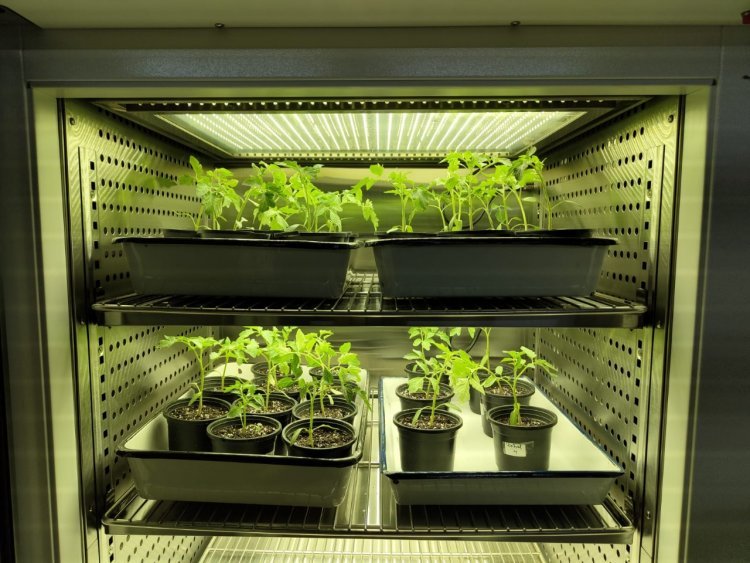
Speaking on the development, Dr Renuka Diwan, CEO, BioPrime AgriSolutions said, “This technology gives us the means to control photosynthesis in a way that was not possible before. Controlling (the) fate of stressed cells gives us the opportunity to reduce crop losses due to climate change. Our vision is to offer relief to farmers worldwide, struggling with crop loss, temperature fluctuations, drought, resilient insects and diseases by developing innovative technologies that will improve the productivity irrespective of farmland size and enhance the quality and nutritional value of food produced, while not only preserving but enhancing the environment.”
Diwan said to Rural Voice that India had experienced some of the highest temperatures on record in recent years. According to data from the India Meteorological Department (IMD), the highest temperature ever recorded in India was 50.6 degrees Celsius (123 degrees Fahrenheit) in the town of Phalodi, Rajasthan, on May 19, 2016. Similar records have been made in different parts of the country in 2018 and 2022 as well. It is worth noting that these high temperatures are not just isolated events, but rather part of a trend of rising temperatures in India and around the world. Climate change is causing global temperatures to rise, and this trend is expected to continue in the future. Yield losses of 10-30 per cent are common for a variety of crops under heat stress conditions. These yield losses can have significant impacts on food security and the livelihoods of farmers, particularly in regions where irrigation is limited. According to data from the Ministry of Agriculture and Farmers' Welfare of India, as of 2020, only 37 per cent of the total area under cultivation in India is irrigated and the rest is dependent on rainfed agriculture.
Given this scenario, the new invention may come as a big relief for agriculture. Bioprime Agrisolutions Pvt Ltd was founded by three scientists. Its research mainly focuses on protecting crops from climate change, pests and diseases and increasing yields.



 Join the RuralVoice whatsapp group
Join the RuralVoice whatsapp group


















